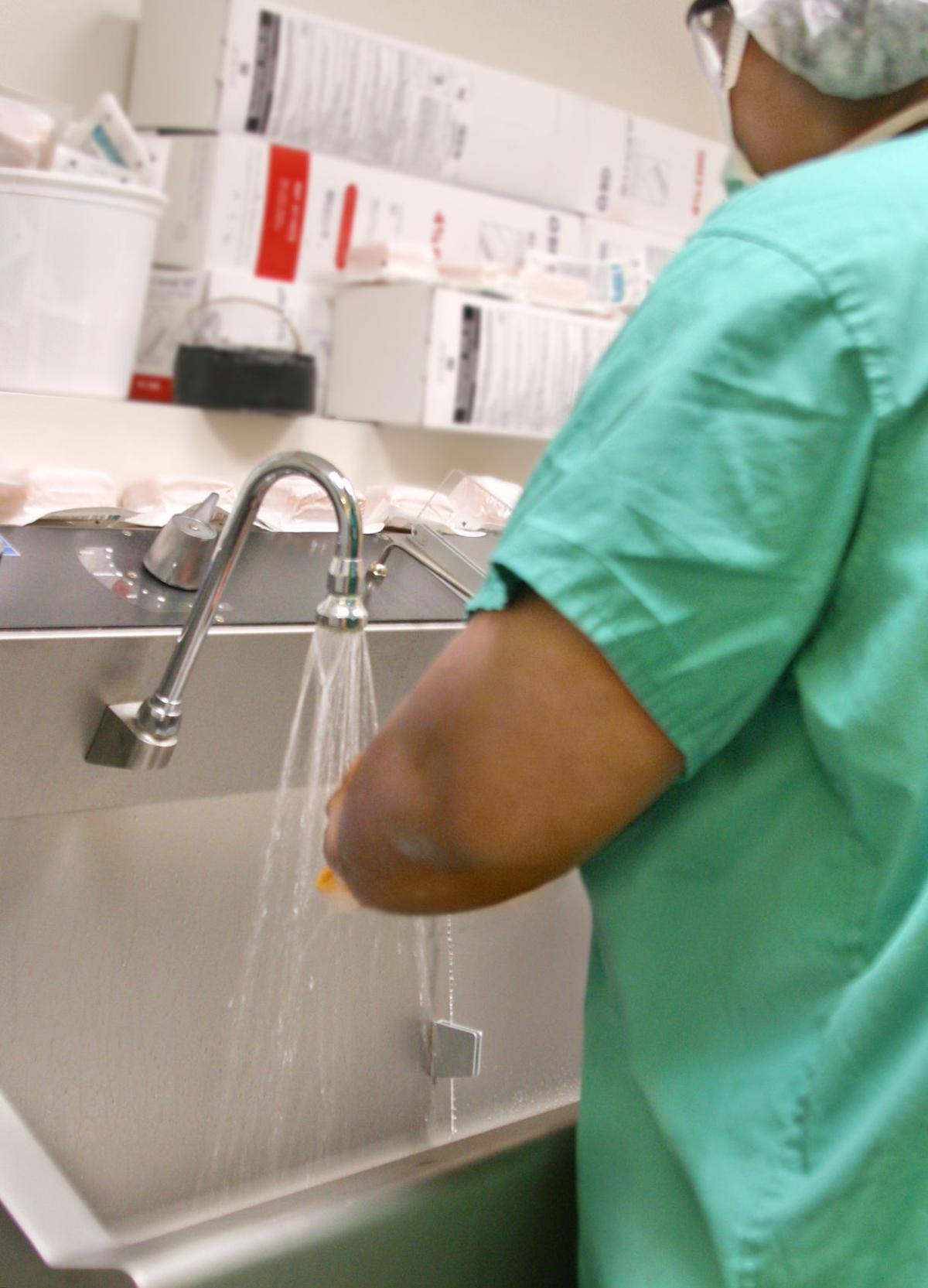Source: chronicleonline.com
If you are faced with the decision to undergo surgery for a certain problem, there will always be a certain amount of risk associated with the surgery and recovery. However, there may be other risk factors that you didn’t count on that could affect your short-term and long-term outcome.
Once you have made the decision to undergo surgery, it would likely include selecting the proper surgeon and the right surgical setting, to guarantee the best outcome. What you might not be aware of is there are potential risk undergoing anesthesia and surgery that are totally unrelated to the surgical site.
Surgery at one site can affect other sites, such as the brain, heart and lungs, to name a few body systems. Delirium and confusion after surgery, particularly in elderly patients, is not unusual. Unfamiliar surroundings like the recovery room or ICU combined with postoperative medications can cause short- and long-term problems with mentation and cognitive skills that can affect mental processes or faculties.
Prolonged anesthesia time due to a long and/or complicated surgery can be another factor. It is also understood that being on heart bypass for coronary artery surgery can have a deleterious effect.
This time of year, respiratory problems are prevalent and patients have respiratory failure and go on ventilators. Medications administered to paralyze them so they don’t flight the ventilator also can be a factor. Sometimes ventilators are needed for patients after surgery because they are too weak to breathe for themselves.
Diseases like diabetes where the blood sugar levels must be tightly controlled also pose a risk factor. Anemia and malnourished patients could have higher risk factors and require attention before undergoing surgery.
It is thought that possibly up to one third of patients who are of the age of 70 or older and who have a major surgery run a high risk of developing dementia and Alzheimer’s disease after undergoing procedures. Postoperative medications intended to help the patient can sometimes back fire and precipitate these type of problems. Not all surgeries are associated with these types of risk and most patients do very well.
There are some things you can do to be proactive and prevent problems: Diet, weight loss, exercise, eating a healthy diet and staying hydrated before surgery is helpful.
If you are a smoker, quitting two weeks prior to the surgery can have a significant positive impact.
Discuss with your surgeon to see if a local or regional anesthetic such as a nerve block could be used versus a general anesthetic where you are asleep and more likely to encounter risk factors that can produce postoperative delirium.
Avoiding medications such as anti-anxiety medications and narcotic medications after surgery will also reduce the risk of postoperative complications. If possible, manage your pain with non-narcotic medication.
Psychiatric disorders such as anxiety, depression, panic attacks or bipolar disease can be exacerbated by the thought of undergoing surgery. You may benefit from a preoperative consultation with your primary care physician, who in turn might ask your psychiatrist to help prepare you for the surgical process.
Hospitals around the country are implementing and instituting programs taking aim at preventing postoperative complications such as delirium and confusion, as well as physical injury. Early results and feedback are very positive.
If you are contemplating surgery, particularly if it is elective, weigh out the risk and benefits and have a candid discussion with your doctor to try to avoid the unforeseen risk that anesthesia and surgery can expose you to.
